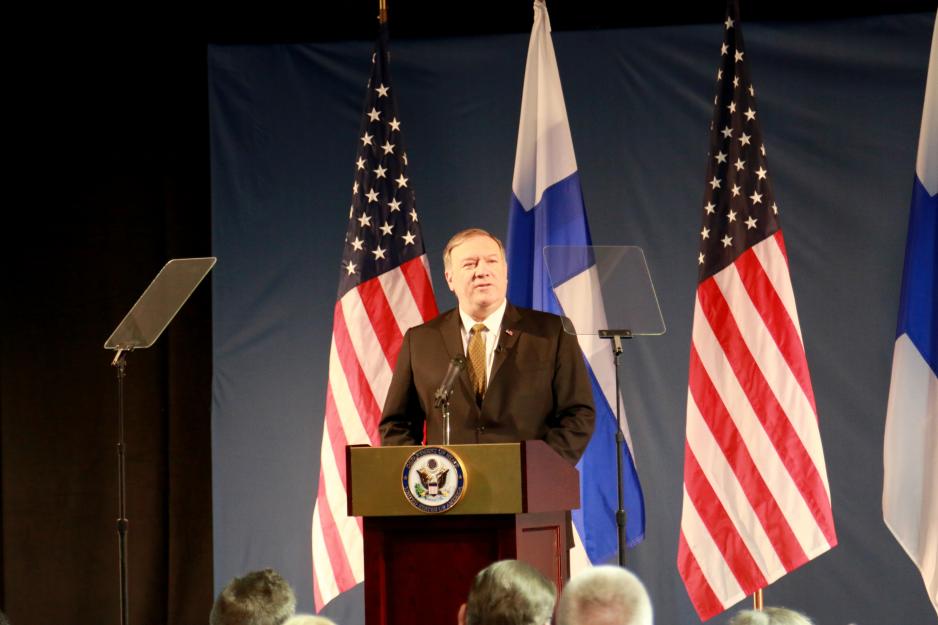Continued Disagreements over Climate Change Appear Likely to Kill an Arctic Council Joint Declaration

If no compromise is reached, it will be the first time since the Arctic Council's founding that a ministerial meeting has failed to produce a joint decla
For the first time since the establishment of the Arctic Council in 1996, a meeting of the foreign ministers from the eight Arctic states may end without a joint declaration to guide the work of the Council for the next two years.
On Monday night, ministers were gathering in Rovaniemi, Finland for their biannual meeting, which is to kick off in earnest on Tuesday. Negotiations on a joint declaration and the Arctic Council’s first ever longer term strategy have been on for several months, but sources close to the negotiations told ArcticToday that the talks have so far not produced a compromise, with U.S. objections to climate change language the main sticking point.
While a last-minute deal remains possible before Tuesday’s, hopes for such a deal were fading on Monday evening.
Several of the five Nordic governments that are party to the Arctic Council have reportedly insisted on recognition of and action on climate change in the Arctic, which U.S. negotiators have not been willing to accept.
If the ministerial meeting failed to produce a joint declaration, work within the council is likely to continue, but without renewed impetus and ambition.
“Climate change is very much in focus here,” Lassi Heininen, professor of Arctic Politics in the Faculty of Social Sciences, University of Lapland in Rovaniemi, told ArcticToday. “So how to continue if they cannot even agree to a minimum extent on that? I am still assuming there will be a declaration and of course I hope so. But if not it will be really bad, particularly because all the foreign ministers of the Arctic countries are here. It will be a demonstration that they cannot agree.”
An agreement may have drifted even further out of reach after a speech from U.S. Secretary of State, Michael Pompeo, Monday that harshly criticized Russia and China.
Pompeo did not comment directly on the ensuing meeting of the Arctic Foreign ministers or the row over climate change.
The speech was uncommonly confrontational for a speech made on the margins of a gathering of ministers of the Arctic states, Heininen said. Usually the focus of meetings within the Arctic Council is on cooperation and disagreements on security issues have traditionally been sidelined from talks on environmental protection and sustainable development in the Arctic.

